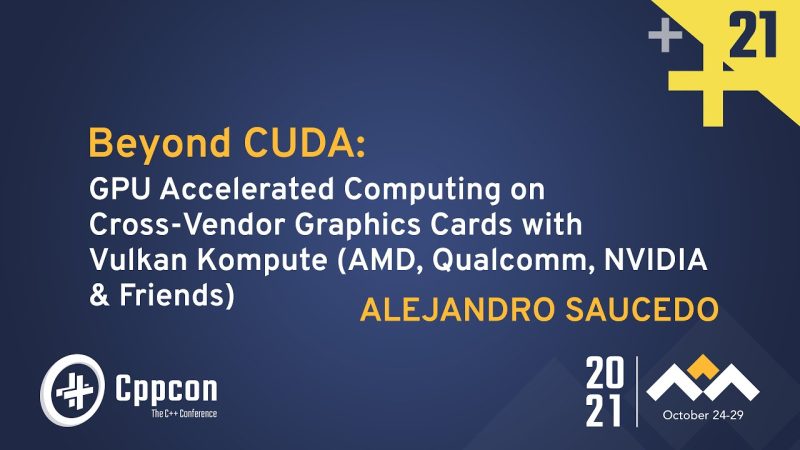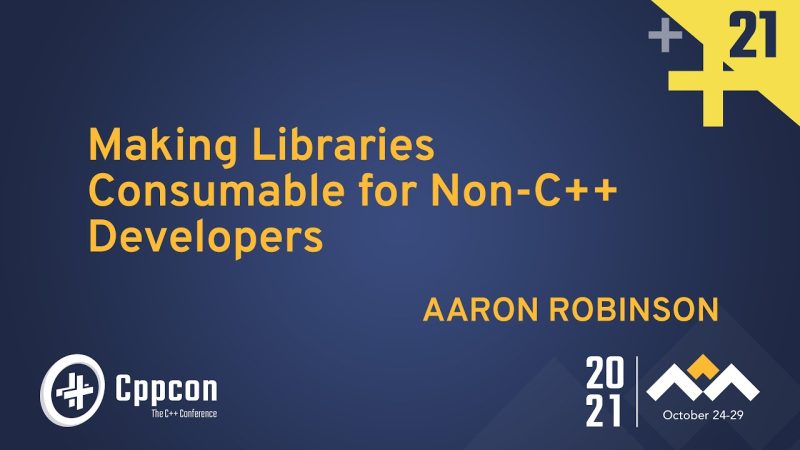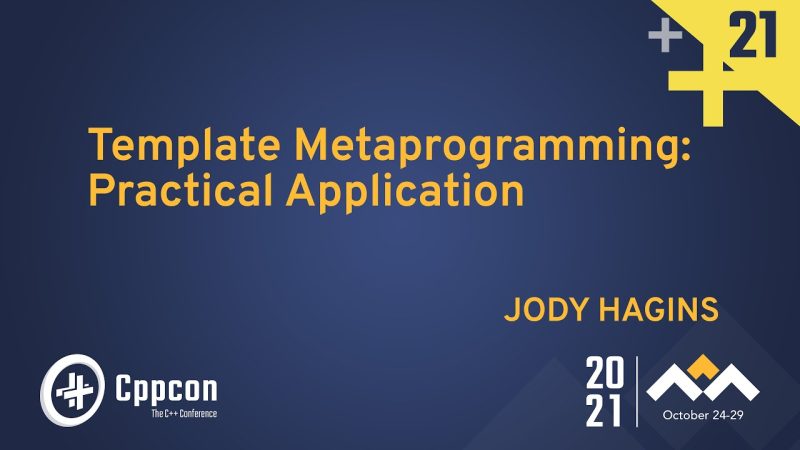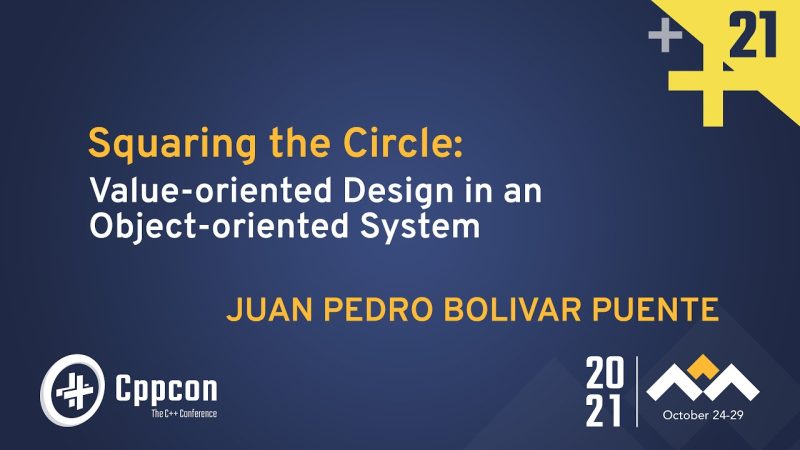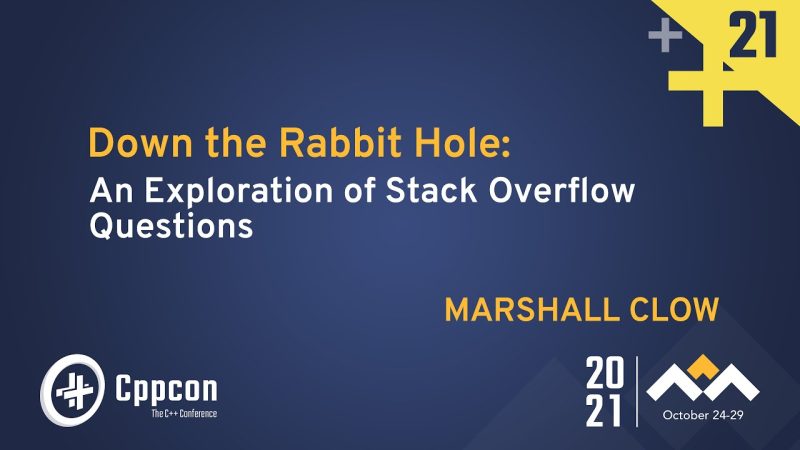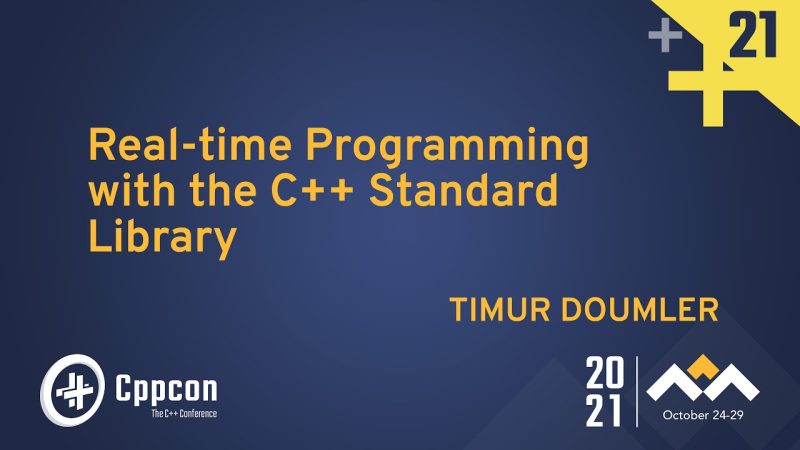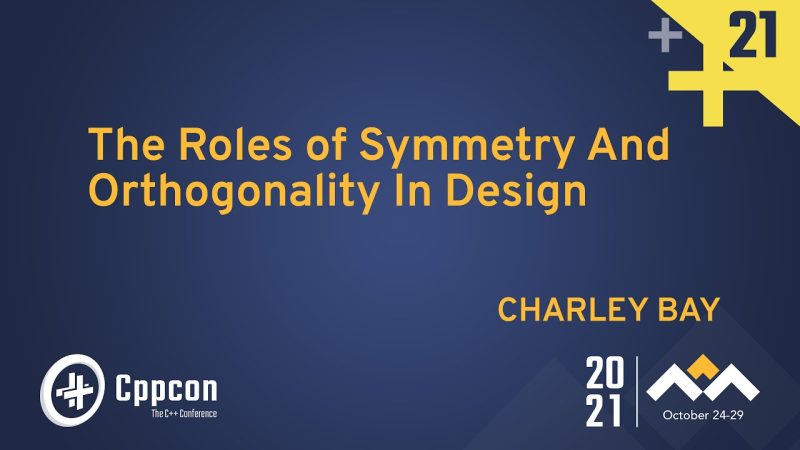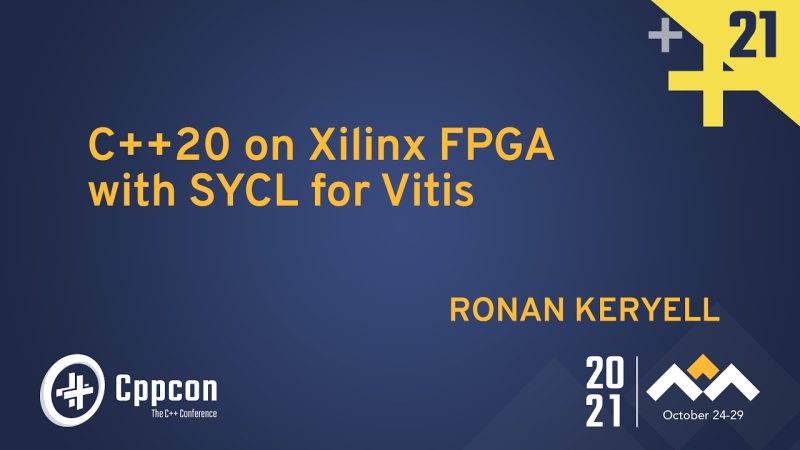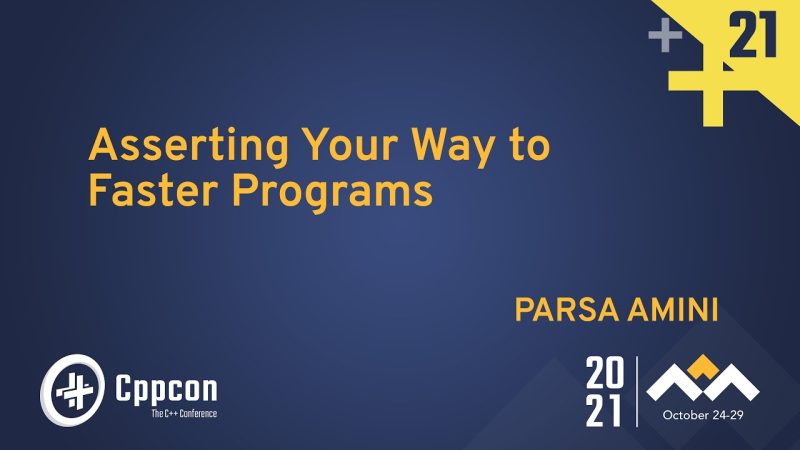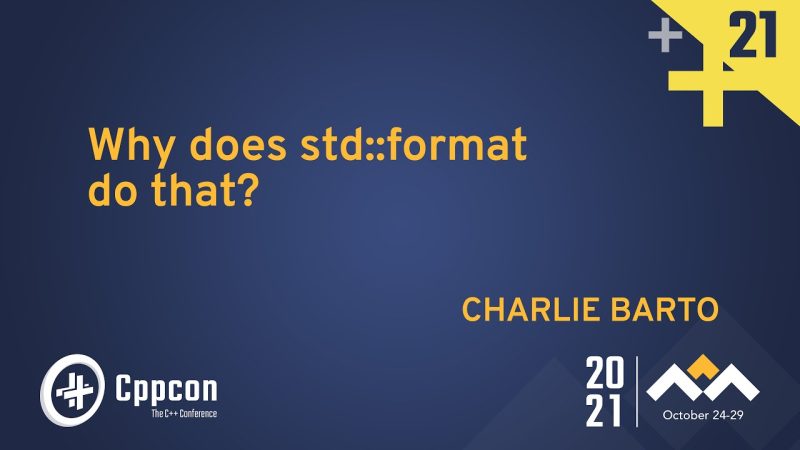https://cppcon.org/
https://github.com/CppCon/CppCon2020
---
Many advanced data processing paradigms fit incredibly well to the parallel-architecture that GPU computing offers, and exciting advancements in the open source projects such as Vulkan and Kompute are enabling developers to take advantage of general purpose GPU computing capabilities in cross-vendor mobile and desktop GPUs (including AMD, Qualcomm, NVIDIA & friends). In this talk we will provide a conceptual and practical insight into the cross-vendor GPU compute ecosystem as well as how to adopt these tools to add GPU acceleration to your existing C++ applications.
In this talk we will show how you can write a simple GPU accelerated machine learning algorithm from scratch which will be able to run on virtually any GPU. We will give an overview on the projects that are making it possible to accelerate applications across cross-vendor GPUs. We'll show how you can get started with the full power of your GPU using the Kompute framework with only a handful of lines of C++ code, as well as providing an intuition around how optimizations can be introduced through the lower level C++ interface.
As part of the more advanced example, we will showcase some optimizatiosn that can be leveraged through the hardware capabilities of relevant graphics cards, such as concurrency-enabled GPU queues which allow us to introduce 2x+ performance improvements into advanced data processing workloads. We will dive into the GPU computing terminology around asynchronous & parallel workflow processing, cover the core principles of data parallelism, explain the hardware concepts of GPU queues & queueFamilies, and talk about how advancements in new and upcoming graphics cards will enable for even bigger speedups (such as the AMD architectures or NVIDIA Ampere GA10x architecture which will support up to 3 parallel queue processing workloads).
---
Alejandro Saucedo
Alejandro is the Chief Scientist at the Institute for Ethical AI & Machine Learning, where he leads the development of industry standards on machine learning explainability, adversarial robustness and differential privacy. Alejandro is also the Director of Machine Learning Engineering at Seldon Technologies, where he leads large scale projects implementing open source and enterprise infrastructure for Machine Learning Orchestration and Explainability. With over 10 years of software development experience, Alejandro has held technical leadership positions across hyper-growth scale-ups and has delivered multi-national projects with top tier investment banks, magic circle law-firms and global insurance companies.
---
Videos Streamed & Edited by Digital Medium: http://online.digital-medium.co.uk
The CppCon YouTube Channel Is Sponsored By:
JetBrains : http://jb.gg/cpptools
SonarSource: https://www.sonarsource.com/


